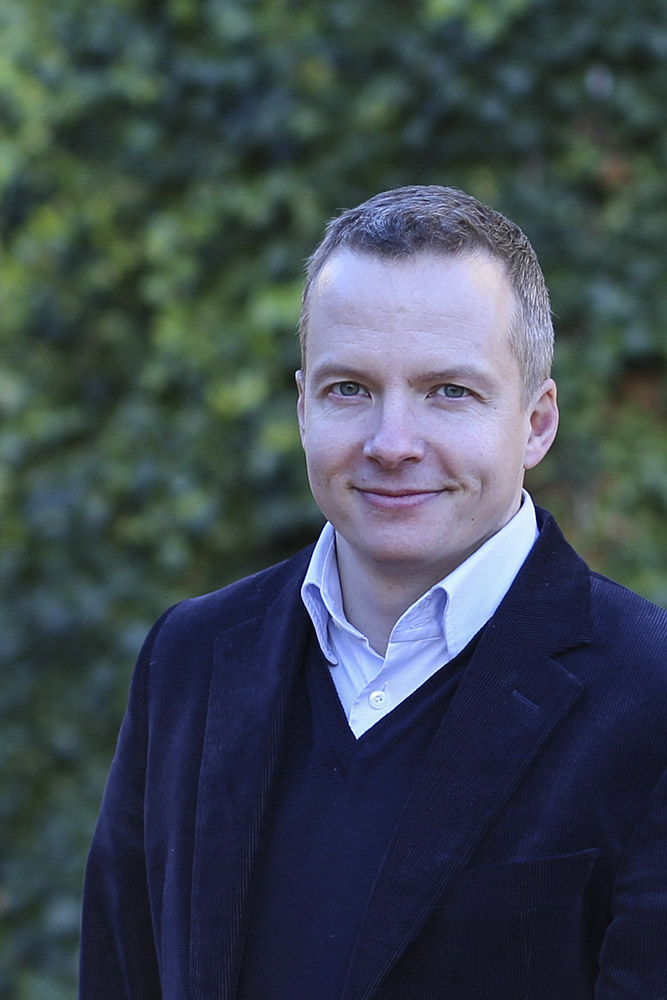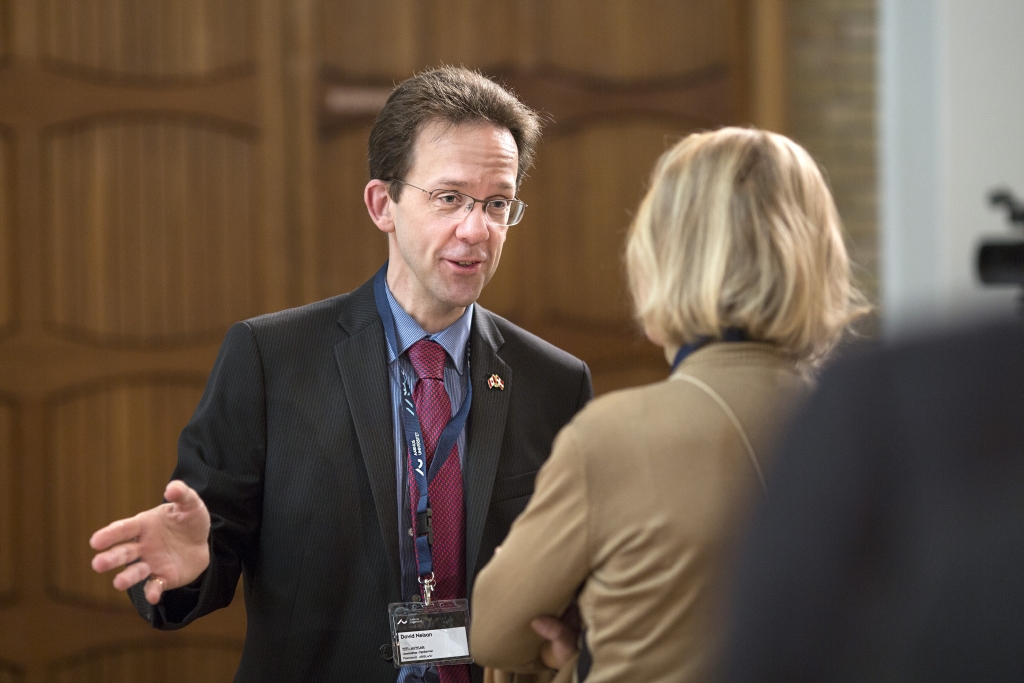René Rohrbeck takes up post as professor
On 30 March, René Rohrbeck will hold his inaugural lecture and consolidate his affiliation with the Department of Management. His lecture is entitled “What can firms do today to build a superior position in markets of tomorrow?”

When René Rohrbeck holds his inaugural lecture on 30 March, he will be talking about a question which he has been studying for more than 10 years: how companies can systematically prepare for the future. This question has received little attention in the past since strategic management research has mostly focused on competitive strategy and building strategic capabilities to sustain the companies’ competitive advantages. However, according to René, the question is becoming more and more pressing, and in the future, both small and large businesses will need to compete on speed, creativity and their ability to manage complexity:
“At the moment, we have a limited understanding of how companies like AirBnB have developed such powerful business models, how they continuously update and expand their value proposition, and how they operate in times of increasingly temporal competitive advantages,” says René. “What we do know is that companies that want to succeed in the 21st century need to build a new arsenal of practices that enhance their ability to perceive signals ahead of their competition, to identify and shape novel patterns of value creation and manage complex networks of partners.”
Companies must prepare for the future
Early on in his research career, René developed a maturity model to assess the systematic future preparedness of companies. To develop the model, René worked with 20 leading companies over a period of three years. The companies shared their best practices, which Rene then used to benchmark the companies against each other and another sample of 80 companies. For more than 10 years, this specific model been applied for multiple rounds of benchmarking studies. Recently, René has linked future preparedness data from 2008 to current data and has explored how the most prepared companies have performed when compared to the rest of the sample. The results show that companies that are prepared for the future:
- Are much more likely to outperform others in their respective industry
- Have a 33% higher profitability rate than the average company
- Have a 200% higher market capitalisation growth when compared with the average company
Bridging theory and practice
The maturity model is a good example of one of the most important principles of René’s academic work; that there must be a clear link between theory and practice. René has worked by this principle since he learnt an important lesson as a young researcher: for days, he had been preparing an interview with a high-level executive at the chemical company Bayer. However, after only a very short introduction to the project idea, the executive stopped René and told him that his idea was of no use.
“This experience taught me only to conduct research that is relevant for companies,” René explains. ”Today, I always consider the applicability and relevance of my research and in all my research projects, I make sure to establish a close dialogue with managers.”
René also believes that companies can benefit a great deal if they look beyond the advice that they buy from the traditional consultancy firms:
“Advice from researchers can also be very important input for companies that want to develop competitive advantages. In academia, researchers have more time to develop novel approaches, methods and tools, which can put companies ahead of the curve and ahead of competitors.”
René also teaches at BTECH, and this is something he really enjoys as the department has a strong focus on collaborations between companies and academia:
“I find teaching in Herning very refreshing,” he says. “I get to work with engineers and companies, and the students – many of whom are international - are extremely committed. Typically the students have a mentor in business community, which is a great way to build bridges between theory and practice.”
From Berlin to Aarhus
René is married to researcher Josefine Weigt-Rohrbeck, and they have two boys of three and four years old. Both René and Josefine come from Berlin. They all enjoy doing sports. René especially enjoys windsurfing, which has brought him to Denmark regularly – first when he was a boy and later on as a coach.
Read more about time and place here
